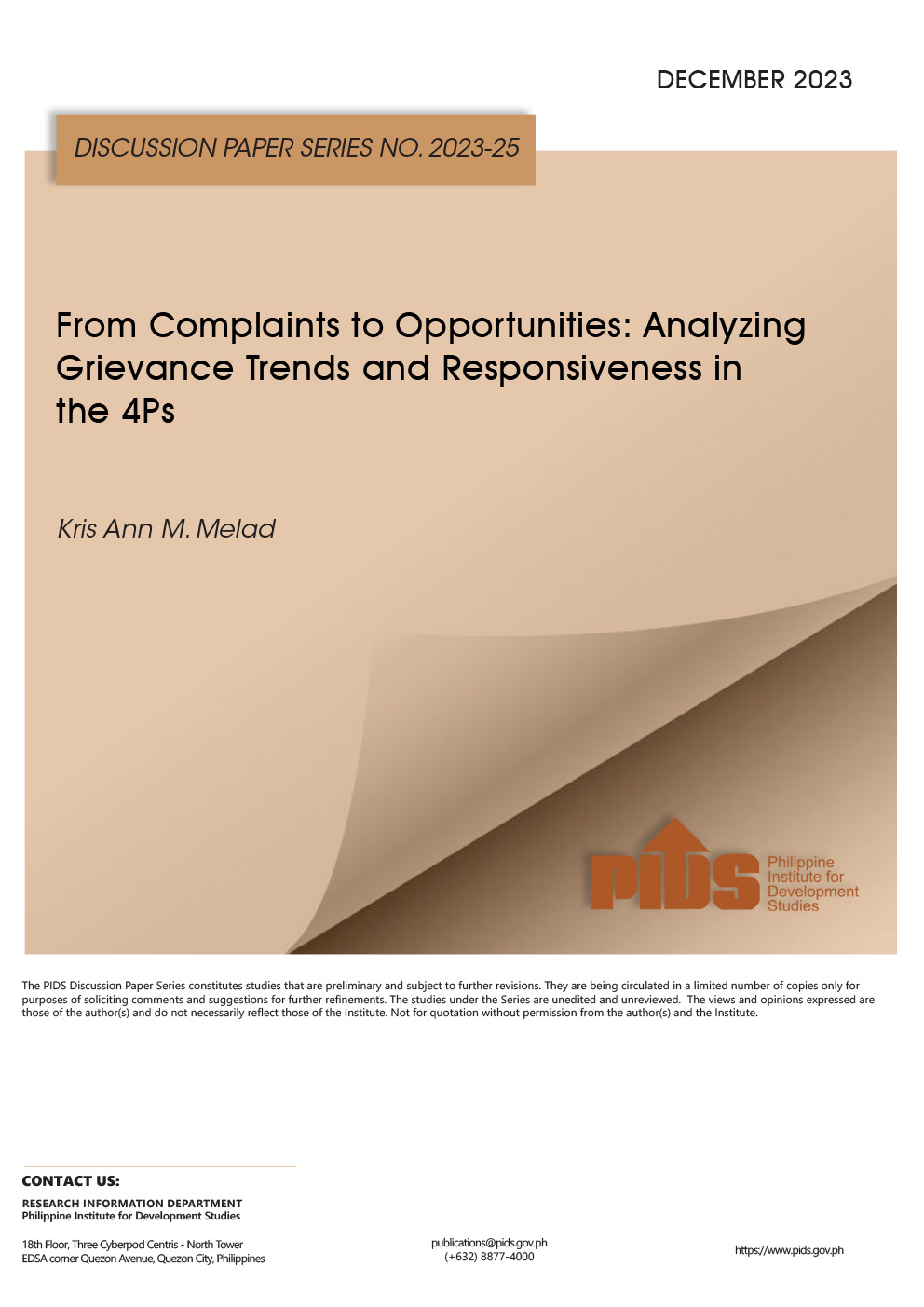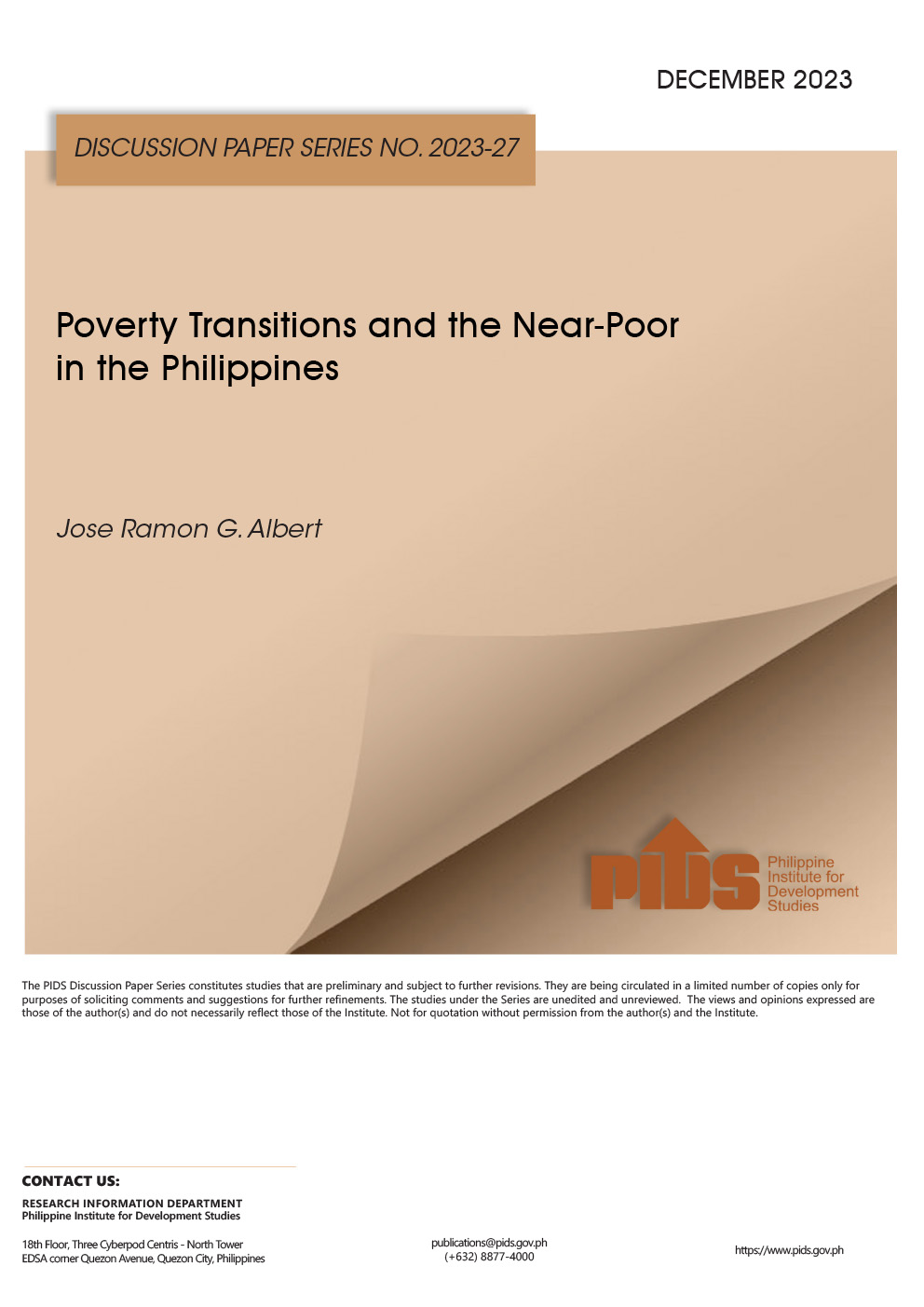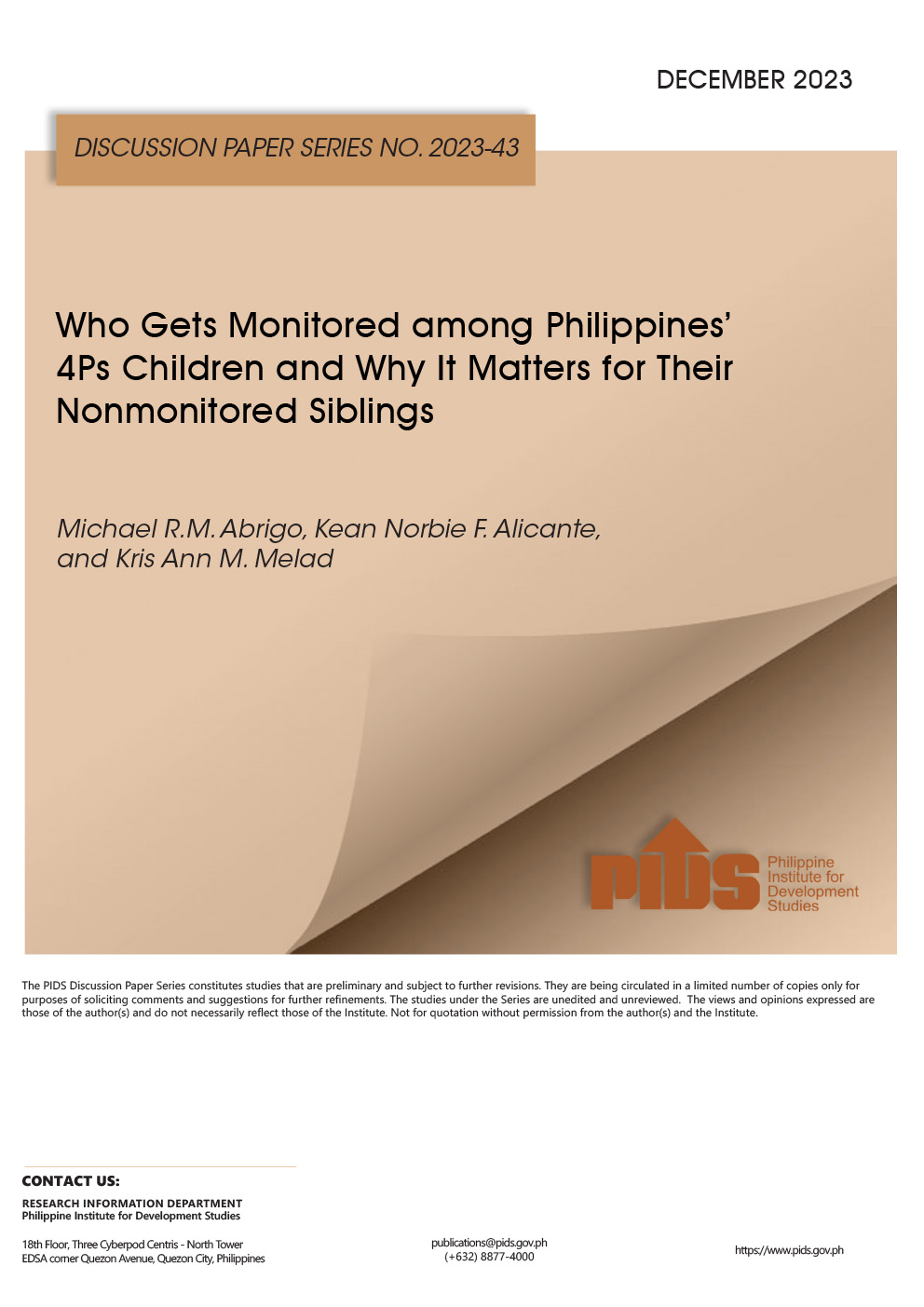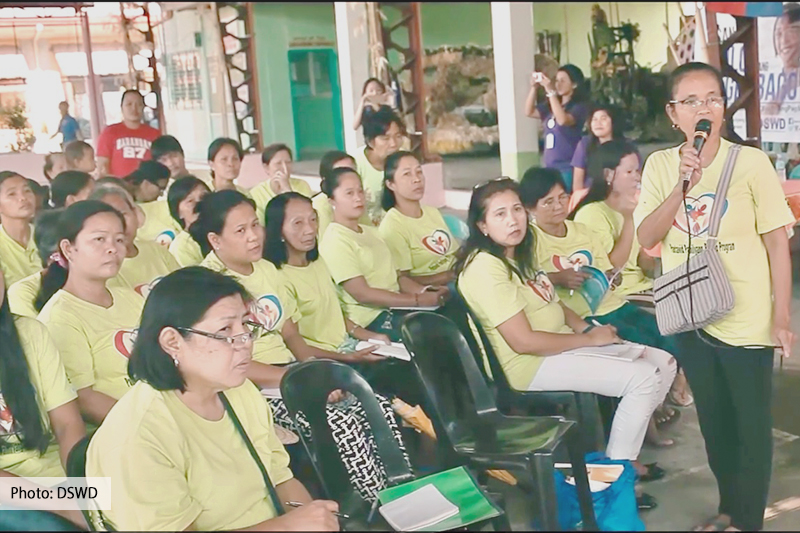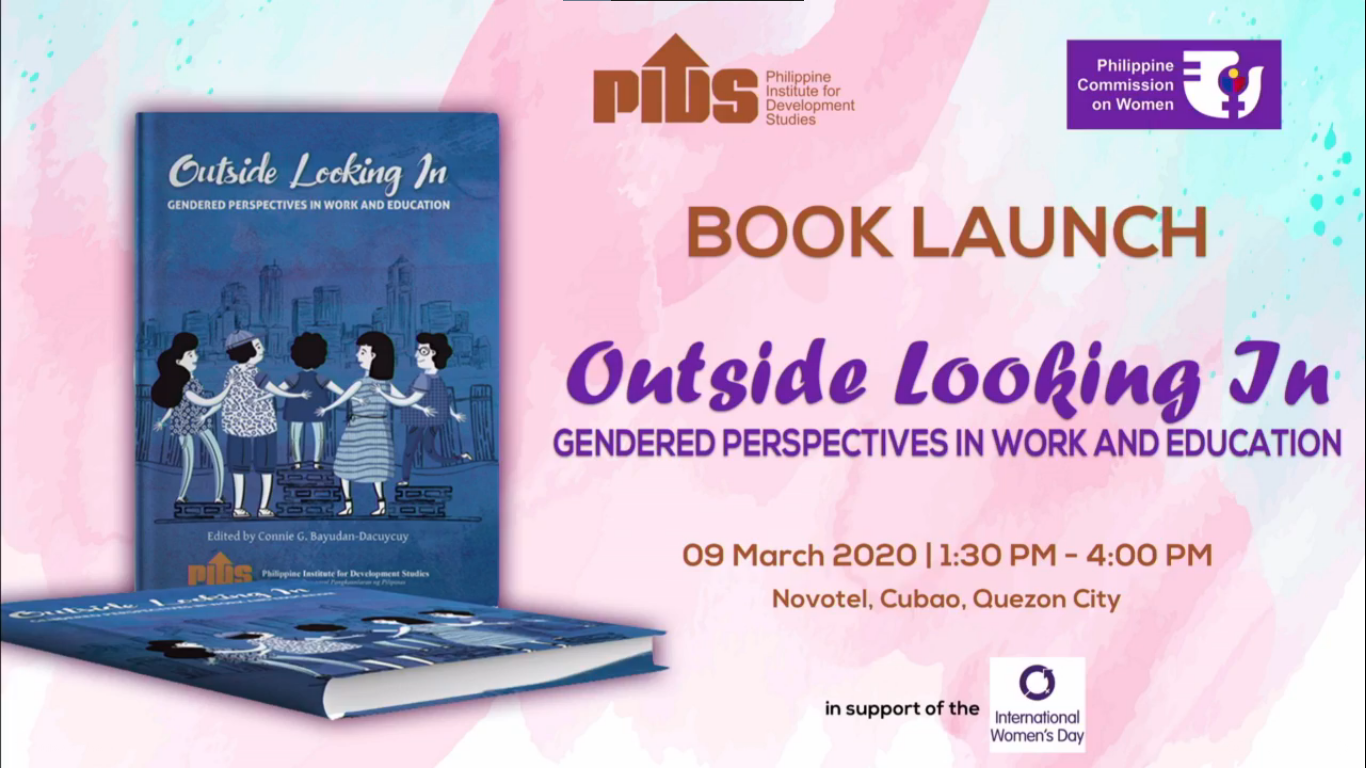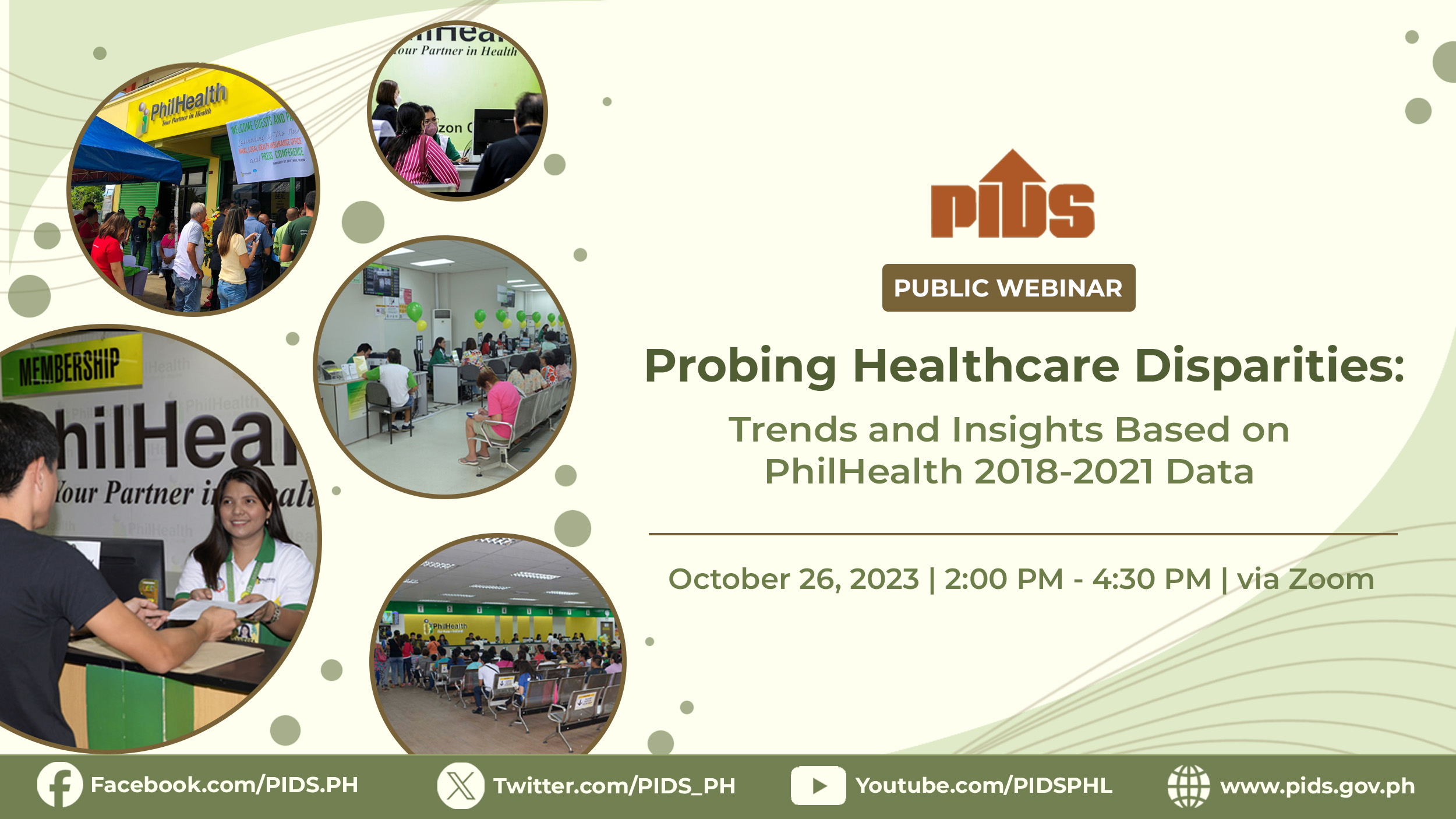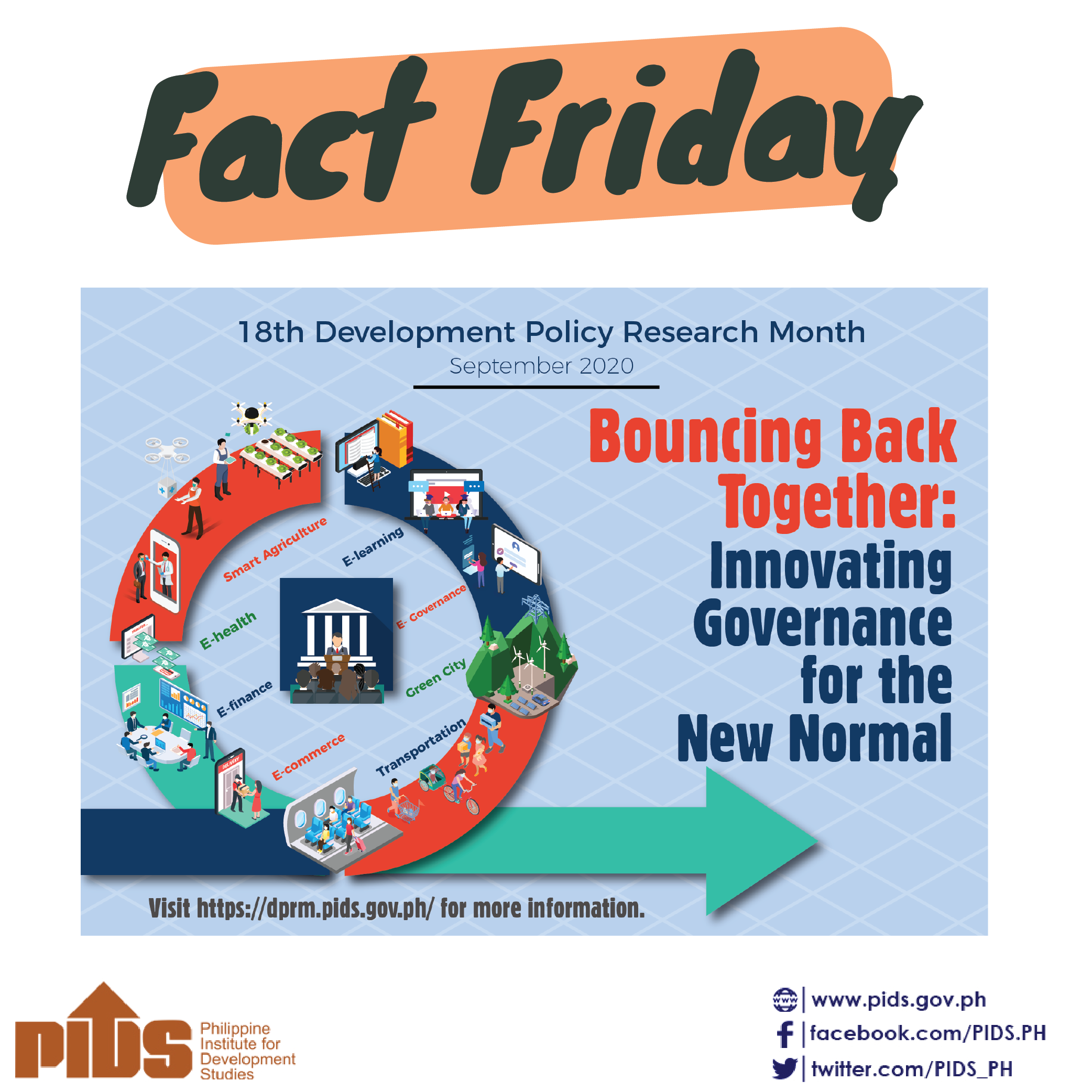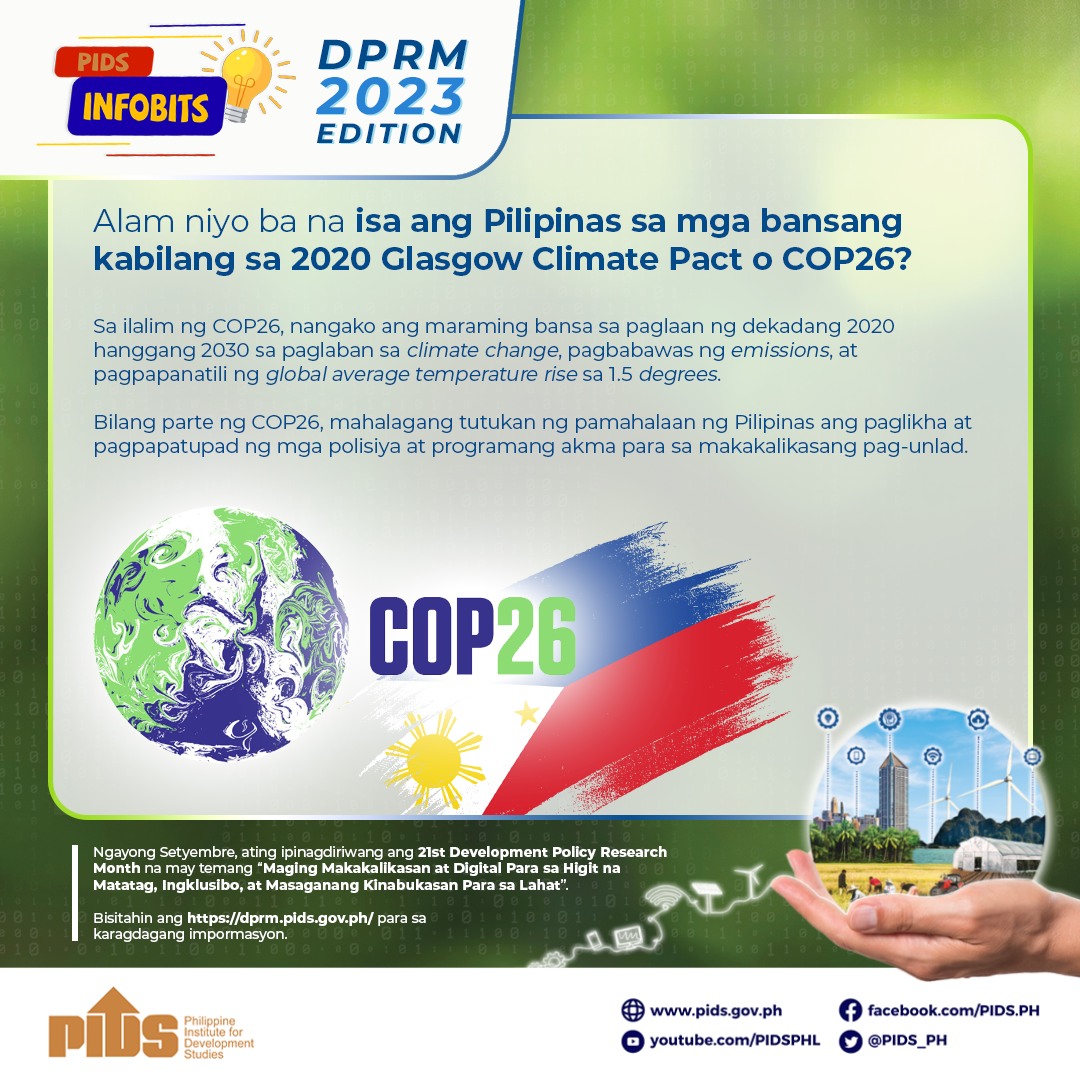As Metro Manila and 4 surrounding provinces impose hard lockdowns anew, the deja vu also hits down in the stomach for millions of poor Filipinos.
When the coronavirus pandemic first struck in 2020, the government mandated an emergency subsidy program (ESP) in its Bayanihan to Heal As One Act.
Here, “18 million low-income households” were entitled to P5,000 to P8,000 a month for two months – namely April and May 2020. The government had P200 billion to shell out for the program, and it was the bulk of the state’s pandemic war chest at the time.
While it was a hefty sum for the nation's most vulnerable, the ESP’s implementation had numerous blunders. It took months for the aid to be distributed.
When lockdowns were floated again as record-high COVID-19 surges were reported in March 2021, aid, or “ayuda” was likely top of mind for many Filipinos whose livelihoods were once again expected to be affected.
This time, the government said it would give P1,000 each to 22.9 million poor Filipino individuals, with a maximum of P4,000 per family. Local government units (LGUs) of the “NCR Plus” area – Metro Manila, Bulacan, Cavite, Laguna, and Rizal – would be free to decide whether this would be in cash or kind.
The amount is definitely not enough and could force people to leave homes despite the lockdown, economists warned. The hard lockdown or enhanced community quarantine (ECQ) in the “NCR Plus” area would last for a two-week period at minimum.
Metro Manila LGUs began distributing aid on the second week of April.
Let’s recap what went wrong with the ESP in 2020, and what the government should be doing moving forward.
What went wrong
The '18 million beneficiaries' weren't clear
As the country entered its third week under a state of calamity by the end of March 2020, the government had yet to form a consolidated database that would host COVID-19 social amelioration programs.
Lead implementing agency Department of Social Welfare and Development (DSWD) had numbers of “informal and poor/near poor” families per region largely based on its 2015 Listahanan – its data collection system that identifies the poorest households in the country.
The DSWD supplied forms to the LGUs corresponding to the numbers listed in its guidelines, and it was up to the LGUs to determine who was deserving of the assistance.
However, multiple reports surfaced that the government’s list did not jibe with the actual number of families in need. (READ: Duterte chaos leaves barangay officials ‘helpless’ amid lockdown)
Being included was a privilege
Five million families who did not initially receive aid were included in the second tranche after they appealed. Still, as the DSWD gave updates in its regular press briefings, social media users were seen asking on live broadcasts if they could still be added to the program.
In 2020, Rappler spoke to Jay-j (not his real name), a messenger who lost his job when ECQ was imposed. Jay-j’s family from Bulacan was not included in either tranche of the ESP.
Jay-j, breadwinner for his 3 children, tried to apply for work in delivery services like Grab and Lalamove but was not qualified because his driver’s license was for non-professionals. Instead, he took on informal delivery jobs, making it difficult to earn regularly in the past year. In April 2021, Jay-j told Rappler his family wasn’t included in the cash aid program, yet again.
There was politicking among local officials
Politicking – or “palakasan” – was an added risk when the DSWD gave LGUs control to disburse the cash in the first tranche.
Reports of anomalies surfaced, which ended up with the Ombudsman suspending in September at least 89 barangay chiefs in different parts of the country for alleged irregularities in their ESP implementation.
Distribution venues were packed with people
In photos of the cash distribution, Filipinos were seen crowding venues to queue up despite risks of COVID-19 transmission.
In the original 4-step distribution process, the DSWD said officials would be the ones to go to the houses of beneficiaries to distribute aid. This was not implemented uniformly.
“The thing we are trying to avoid the most….is [COVID-19] transmission between people, and that's exactly the problem we created. We had a distribution policy that made people stay close to each other,” said Anakalusugan Representative Mike Defensor in June.
They changed the rules, system halfway through
For the second tranche, while adding 5 million appealing families, the government halved its original list to exclude households in regions that were no longer under ECQ in May. Bayanihan 1 made no mention of eligibility dependent on quarantine levels.
Not only did the government change eligibility rules, it also changed the mode of distribution. After issues arose in allowing LGU control over distribution in the first tranche, the DSWD disbursed the funds to the Land Bank of the Philippines for the second tranche.
Land Bank, in turn, transferred the subsidies to financial service partners like banks and mobile banking platforms, thereby eliminating the LGUs’ interference.
While the shift appears to be a good move, former social welfare secretary Dinky Soliman told Rappler on Wednesday, April 7, that changing the system in the middle of the program may have caused confusion for beneficiaries.
Those who were familiar with using mobile banking and automated teller machines (ATMs) may have benefited, but those who did not know how may have been left behind, Soliman said.
Distribution was slow
Despite the program supposedly covering April to May, the government only began distributing the second tranche in the second week of June 2020.
The delays were so severe that the House of Representatives stepped in to investigate. (READ: 3 months after lockdown, poor Filipinos still hungry waiting for cash aid)
Over 900,000 families were still waiting for their cash aid after the DSWD failed to meet its self-imposed deadline on August 15, 2020.
Lessons learned, moving forward
Targeting is essential
While the 18 million families were based on the DSWD's 2015 Listahanan with some consideration for population growth, the pandemic caused job insecurity for those who may not have considered themselves poor before.
An August 2020 study by the Philippine Institute for Development Studies found that the coronavirus pandemic’s impact on the economy could lead to 1.5 million Filipinos becoming poor.
LGU control may lead to corruption
After removing LGU control in the second tranche in 2020 because of alleged anomalies, the government gave it back in 2021. The DSWD will no longer lead the implementation, and will only “assist” LGUs.
On Thursday, April 1, DSWD spokesperson Irene Dumlao said the agency handed over the list of ESP beneficiaries to the “NCR Plus” LGUs to serve as a reference. However, the LGUs are still free to include more.
According to Soliman, LGUs should still have roles in assisting in the payouts, but they should not be the decision-makers. “Giving it out in cash is really the way to go. If you give it to them with that small amount, you are able to disburse it immediately, and they can use it to respond to what they need.”
“If it’s in kind, there’s a procurement process. That [becomes] very open to someone earning from outside the procurement,” she added.
It is possible for the national government to lead in payouts without heavy dependence on LGUs? For instance, enrolled Pantawid Pamilyang Pilipino Program (4Ps) beneficiaries can get their aid from ATMs. In the pandemic context, the government can mandate withdrawing in batches to lessen crowds.
For non-4Ps beneficiaries and those who don’t know how to use ATMs, over-the-counter payouts, in partnership with contracted money remittance centers, can work too. This was similar to the ESP's second tranche distribution.
Gov't should allocate enough funds for cash aid
In 2020, the national budget (passed in 2019) was not ready for a public health emergency. This pushed the executive and legislative branches to work swiftly to provide funds for the pandemic war chest through the Bayanihan laws.
When the executive submitted the 2021 budget for congressional scrutiny, it seemed like the economic team did not know any better.
Several groups and some senators said that there should be a specific allocation for cash aid in the 2021 budget bill in case lockdowns happen again, but the economic team was insistent the economy would recover and jobs would return.
Given the latest lockdown episode, the economic team is faced with the same problem it had in 2020, where the budget did not have unconditional cash grants. Now, it is looking for ways – again – to fund the cash aid program but only for areas outside of the so-called "NCR Plus" bubble.
"The ill-advised fiscal conservatism in Bayanihan 2 and the misplaced budget priorities in the 2021 budget have blocked attempts to provide direct cash support for vulnerable families and displaced workers," said Ken Abante, who leads a group of volunteers tracking the COVID-19 budget.
How can the government correct this error? For Abante, the best way is to reallocate funds in the budget to support vulnerable sectors – something that the economic team is doing now. The next best way is to pass a special appropriations bill or a supplemental budget, he said.
Budget Secretary Wendel Avisado said that the government is still undecided whether it would lobby for a supplemental budget to address this problem or if it would support the Bayanihan 3 bill. It depends on the available sources of funding, he added, to be determined by the economic team on the 3rd week of April.
'Epals' must be monitored
The new lockdowns and cries for aid come a year before the country’s next national elections. The Department of the Interior and Local Government (DILG) advised the public to report local officials who use social amelioration funds for their premature campaigning.
Soliman said that the cash aid should be given by local social workers instead of the mayor, vice mayor, or the counselors, if possible. At the very least, they should communicate that the aid came from the national government, and not the mayor’s office.
The government had also launched in the past a “Bawal ang Epal Dito" campaign to remove patronage politics from social aid programs.
Among others, the DSWD, police, and civil society organizations are monitoring 2021's cash aid distribution for delays, grievances, and non-compliance by LGUs with guidelines. – with reports from Aika Rey/Rappler.com
What went wrong in 2020 COVID-19 ‘ayuda,’ lessons learned for 2021

